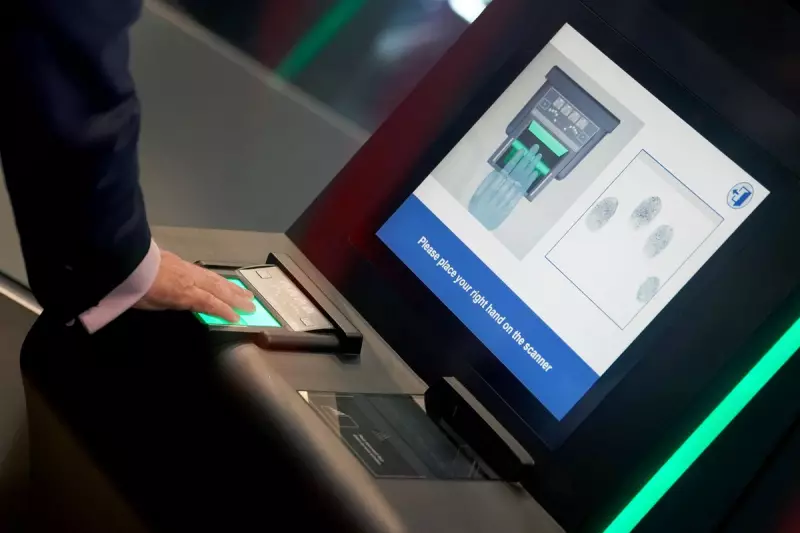
The carefree European summer holiday could become a distant memory for British travellers as the European Union prepares to roll out its new border control system. According to renowned travel expert Simon Calder, the implementation of the EU Entry/Exit System (EES) threatens to create chaos at key travel hubs.
What is the EU Entry/Exit System?
The EES represents the most significant change to EU border controls since Brexit. This automated IT system will register non-EU travellers each time they cross an external EU border, collecting biometric data including fingerprints and facial images.
The system aims to:
- Strengthen border security across the Schengen Area
- Automate border checks for non-EU citizens
- Record entry and exit dates to prevent visa overstays
- Replace manual passport stamping
Potential Travel Nightmare
Simon Calder has issued stark warnings about the practical implications of this new system. "The fear is that when it is introduced, probably in the autumn of 2024, we will see massive delays," he stated.
The most concerning scenarios involve:
- Potential 14-hour queues at the Port of Dover
- Significant delays at Eurostar terminals
- Extended processing times at airports
- Disruption to coach travel and ferry services
Why British Travellers Will Be Most Affected
Since Brexit, British citizens have joined the ranks of "third-country nationals" subject to enhanced border checks. The EES will formalise this status, requiring every British traveller to undergo biometric registration upon first entry after the system launches.
The biggest impact will be felt at:
- Channel crossing points like Dover and the Channel Tunnel
- Eurostar stations in London, Ebbsfleet and Ashford
- Popular airport hubs across Europe
- Land borders with EU countries
Preparing for the Change
While the exact implementation date remains uncertain, travellers should prepare for additional time at borders. The system's introduction has been delayed multiple times, but authorities insist it will launch in 2024.
Travel experts recommend allowing extra time for journeys, considering alternative routes, and staying informed about implementation dates as the autumn deadline approaches.





